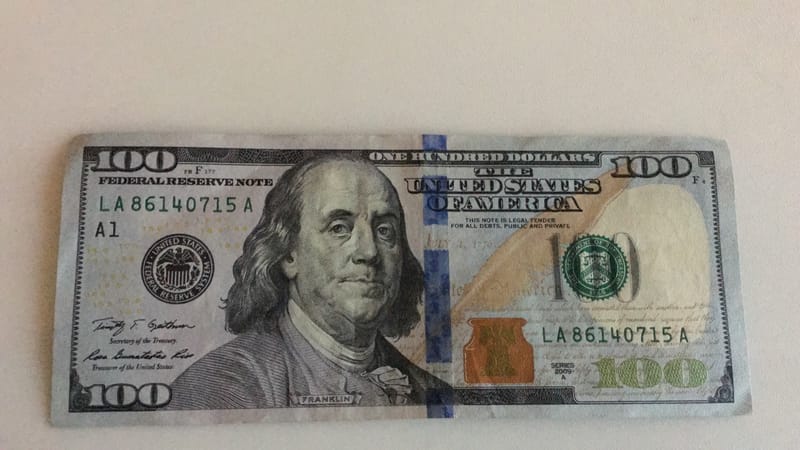MARKETING

People who work in marketing departments of companies try to get the attention of target audiences by using slogans, packaging design, celebrity endorsements and general media exposureMarketing is everything a company does to acquire customers and maintain a relationship with them. Even the small tasks like writing thank-you letters, playing golf with a prospective client, returning calls promptly and meeting with a past client for coffee can be thought of as marketing. The ultimate goal of marketing is to match a company's products and services to the people who need and want them, thereby ensuring profitability.
Product refers to an item or items a business intends to sell. When examining a product, questions should be asked such as, what product is being sold? What differentiates the product from its competitors? Can the product be marketed with a secondary product? And are there substitute products in the market?
Price refers to how much the product is likely to cost. When establishing price, considerations need to be given to cost the unit cost price, marketing costs and distribution expenses.
Place refers to distribution of the product. Key considerations include whether the product is going to be sold through a physical store front, online or made available through both distribution channels?
Finally, promotion refers to the integrated marketing communications campaign. Promotional activities may include advertising, personal selling, sales promotions, public relations, direct marketing, sponsorship and guerrilla marketing. Promotions are likely to vary being dependent on what stage of product life cycle the product is currently in. Marketers must be aware that consumers associate a product’s price and distribution with its quality, and would be prudent to take this into account when devising the overall marketing strategy.


